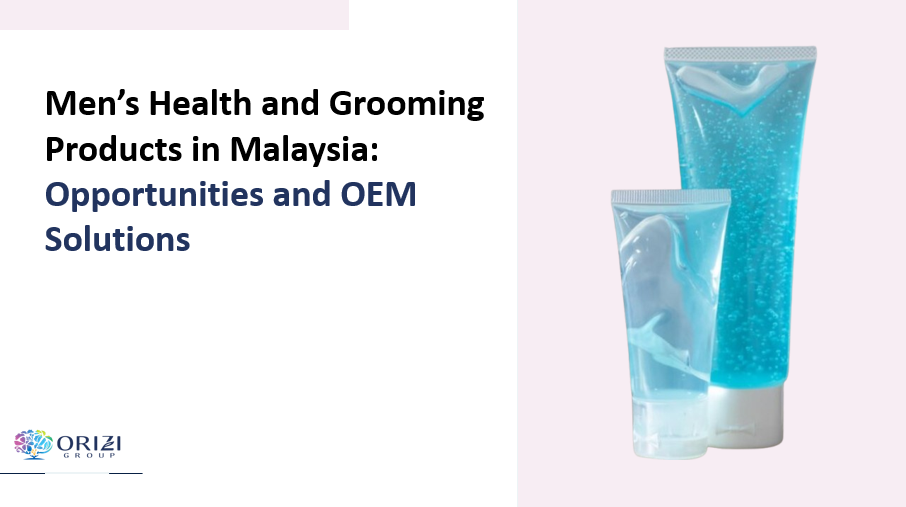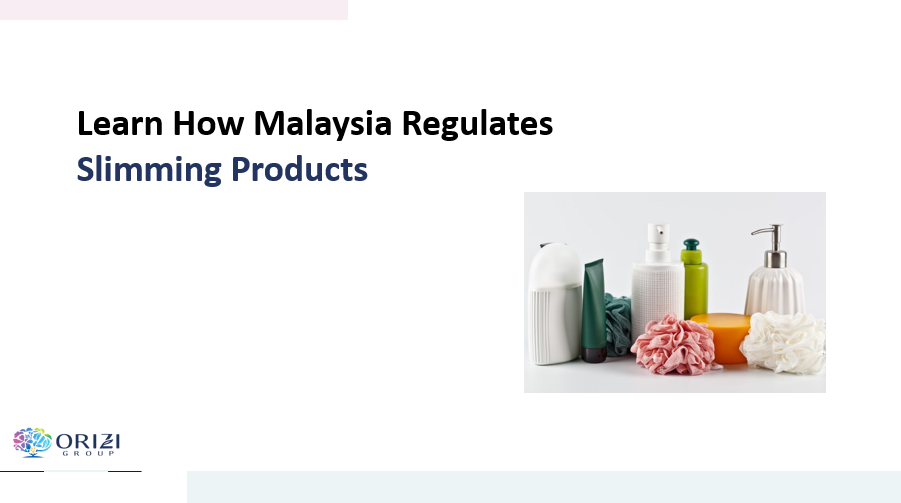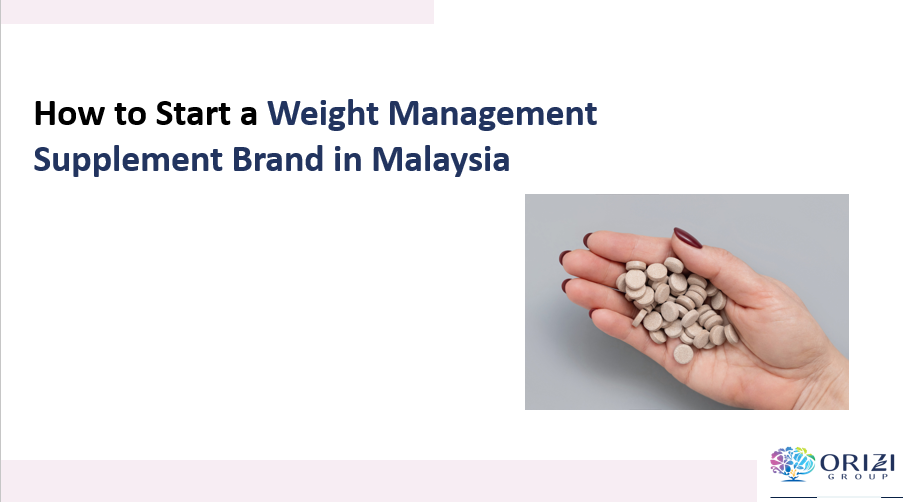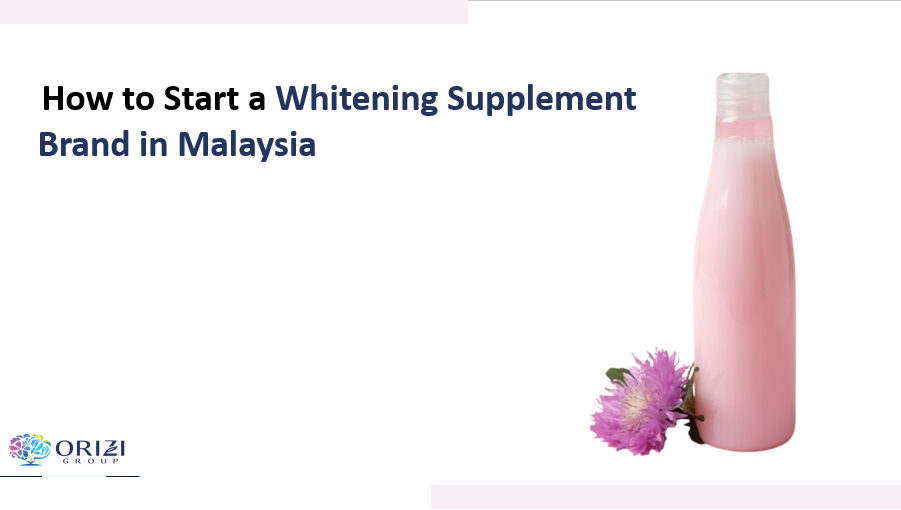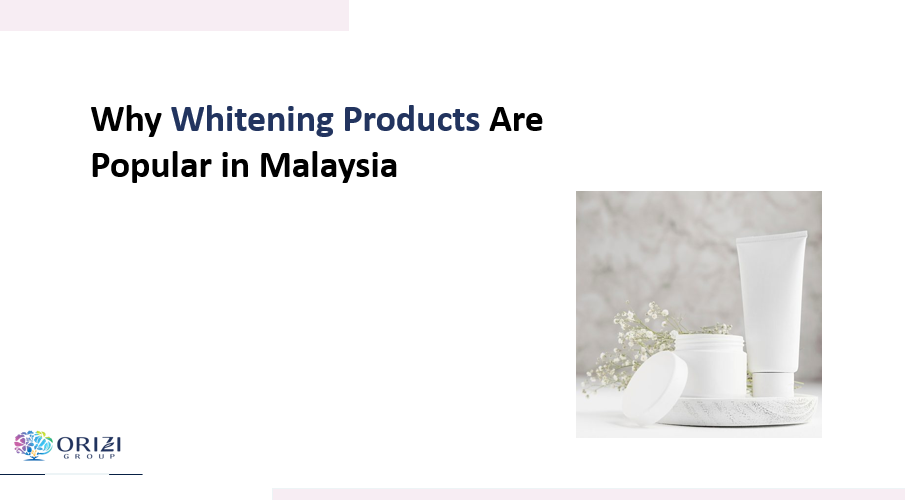
Table of Contents
In Malaysia, whitening skincare products remain a best-selling category across all beauty platforms—from pharmacy shelves to TikTok Shop. But why is the demand so high? And how can you develop a safe, compliant whitening product that meets consumer expectations? This article dives into cultural preferences, market trends, and OEM development strategies tailored for Malaysia.
Understanding the Whitening Trend in Malaysia
In Southeast Asia, particularly Malaysia, “whitening” is often associated with radiance, clarity, and healthy glow—not just skin lightening. Cultural beauty standards, combined with the tropical climate and high UV exposure, have led to strong demand for products that:
- Reduce dark spots and pigmentation
- Even out skin tone
- Improve skin clarity and glow
- Reverse sun damage
Whitening is also a key concern for hijabis who want to prevent pigmentation around exposed facial areas.
What Whitening Really Means Today
In modern skincare language, “whitening” is increasingly being replaced with terms like:
- Brightening
- Radiance-enhancing
- Tone-correcting
- Pigment control
These products are not meant to bleach the skin but to support melanin regulation, reduce dark spots, and promote a luminous complexion. The shift is important both for ethics and compliance.
Top Ingredients Used in Whitening Products
To create a safe and effective whitening product, use approved active ingredients known for pigment reduction and skin tone enhancement:
| Ingredient | Function | Notes |
|---|---|---|
| Niacinamide | Blocks melanin transfer | Brightens and reduces spots |
| Alpha-Arbutin | Inhibits melanin production | Safe, gentle whitening agent |
| Vitamin C (Ascorbic Acid) | Antioxidant + brightening | Must be stabilized in formula |
| Tranexamic Acid | Targets dark spots and melasma | Ideal for serums and creams |
| Glutathione | Antioxidant, internal whitening | Often used in drinks & topicals |
| Licorice Root Extract | Soothing and melanin control | Good for sensitive skin |
⚠️ Hydroquinone and mercury are banned in Malaysia for cosmetic use. OEM factories must follow NPRA and ASEAN Cosmetic Directive for ingredient limits.
Regulations and Claims You Must Follow
In Malaysia, whitening products are regulated by NPRA (National Pharmaceutical Regulatory Agency) as cosmetics. To comply:
- ✅ Submit product notification (KKM)
- ✅ Avoid banned terms like “skin bleaching”
- ✅ Use approved ingredient levels only
- ✅ Provide evidence (studies, claim support) if making bold statements
- ✅ For Halal branding, ingredients must be JAKIM-compliant
Having your OEM partner certified with ISO 22716 and Halal JAKIM is highly recommended for quality and market trust.
How to Create Your Own Whitening Product
If you’re a brand owner or entrepreneur, here’s how to launch your own whitening product in Malaysia:
| Step | Description |
|---|---|
| Choose your product type | Whitening serum, cream, toner, mask, sunscreen, or supplement |
| Decide on OEM or ODM | OEM: Choose from proven, ready formulas ODM: Create custom formulation with unique ingredients and textures |
| Design packaging & claims | Focus on clear, safe wording: “brightening,” “radiance,” “even tone” Highlight ingredients and certifications |
| Register with KKM | Your OEM usually handles notification and regulatory paperwork |
| Launch & market strategically | Position based on skin concern: “anti-dark spot,” “post-acne clarity,” “urban skin dullness,” etc. |
Whitening products in Malaysia go beyond outdated notions of fairness. Today, they reflect a desire for even skin tone, healthy glow, and pigment correction. If you’re planning to launch a skincare line, starting with a brightening serum or cream is a smart move. Just ensure your formulation is safe, KKM-notified, and ideally Halal-certified. A reliable OEM manufacturer in Malaysia can help you bring your vision to life while meeting all compliance standards.

